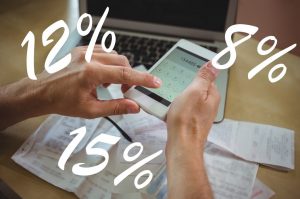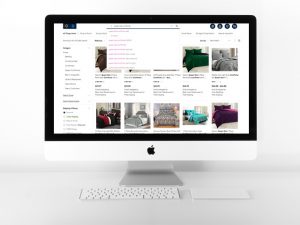 What do Americans do for fun? Surveys on the subject turn up many different lists of the most popular hobbies in the U.S., but shopping is nearly always on that list. Whether it’s hanging out at the mall, filling up a fantasy shopping basket online, or checking out the food demos at Sam’s Club, recreational shoppers put in a lot of time shopping — but not necessarily buying.
What do Americans do for fun? Surveys on the subject turn up many different lists of the most popular hobbies in the U.S., but shopping is nearly always on that list. Whether it’s hanging out at the mall, filling up a fantasy shopping basket online, or checking out the food demos at Sam’s Club, recreational shoppers put in a lot of time shopping — but not necessarily buying.
How can you encourage them to take the plunge and make it to the check out line?
- Make it fun. Recreational shoppers may be shopping for pleasure, whiling away the time between appointments, or practicing “retail therapy” to make themselves feel better. Whichever it is, they’re in the store to enjoy themselves. Retailtainment, samples, and fun displays draw recreational shoppers; show them a good enough time and they’ll buy.
- Make a deal. Recreational shoppers often think about a purchase for a long time, but a coupon or a gift with purchase pushes them to buy. Make the offer on the shelf, on the package, or on their smartphones so the push to buy takes place when they can get their hands on the goods.
- Make it irresistible. Recreational shoppers are impulsive. Endcap displays, new products or packaging, or an enthusiastic cashier may push browsers to convert to buyers. A suggestion that an item is popular — including a “Best Seller!” sticker — can be surprisingly effective.
Pre-internet academic studies of browsers found some interesting things about recreational shoppers. For one thing, they tend to know more about products and to be more tied into media than the average shopper, and studies concluded that this characteristic led to word of mouth influence. Now, that can translate to more active social media participation — the new word of mouth.
Researchers also found that browsers often bought later. They might be hanging around the store on their lunch hour, but they’d often be intrigued by an item and buy it later. These pre-internet studies warned that the browsers might buy from “discount mail order outlets,” but now we might as well say they’ll buy online. Never mind — the studies found that even with this possibility in mind, browsers paid off in their own purchases and those of other shoppers.


